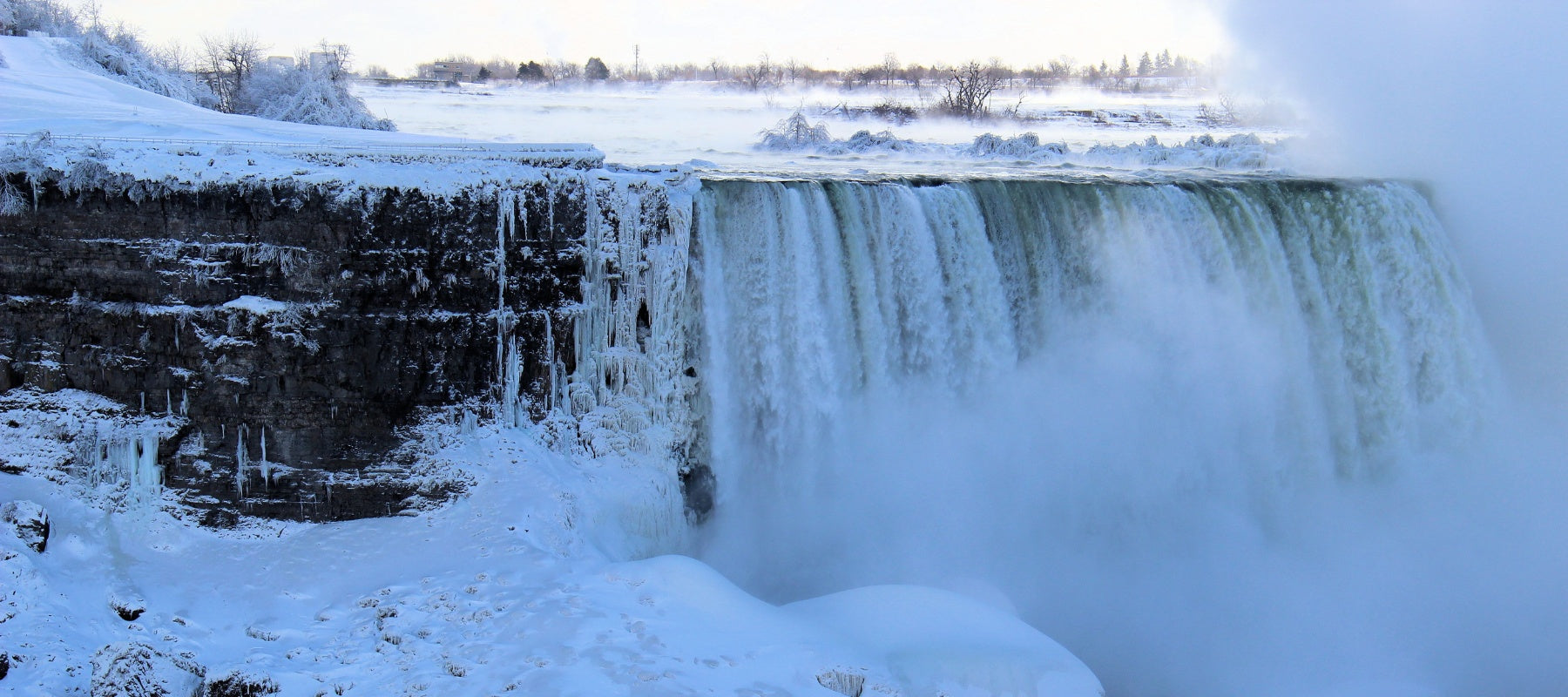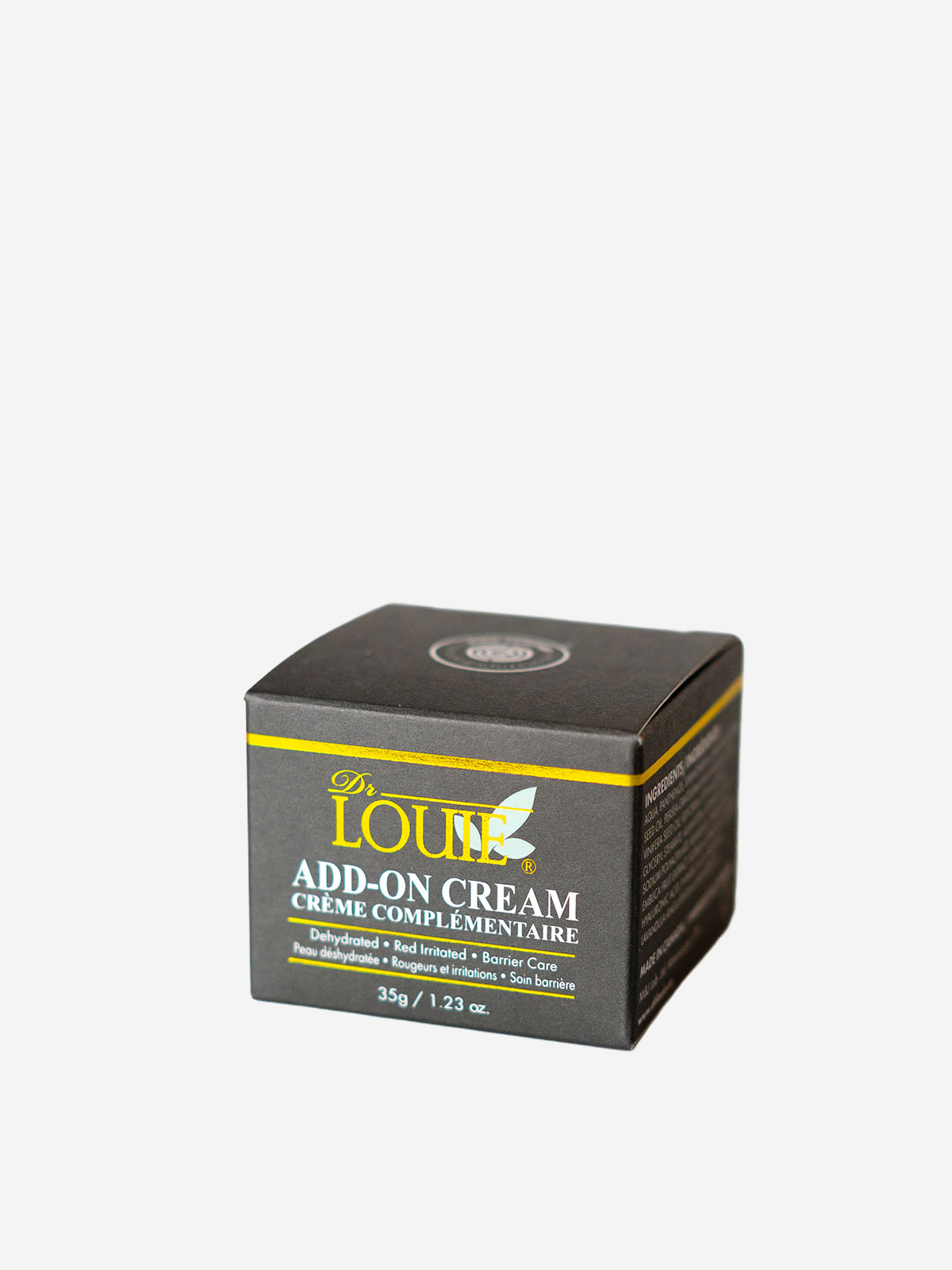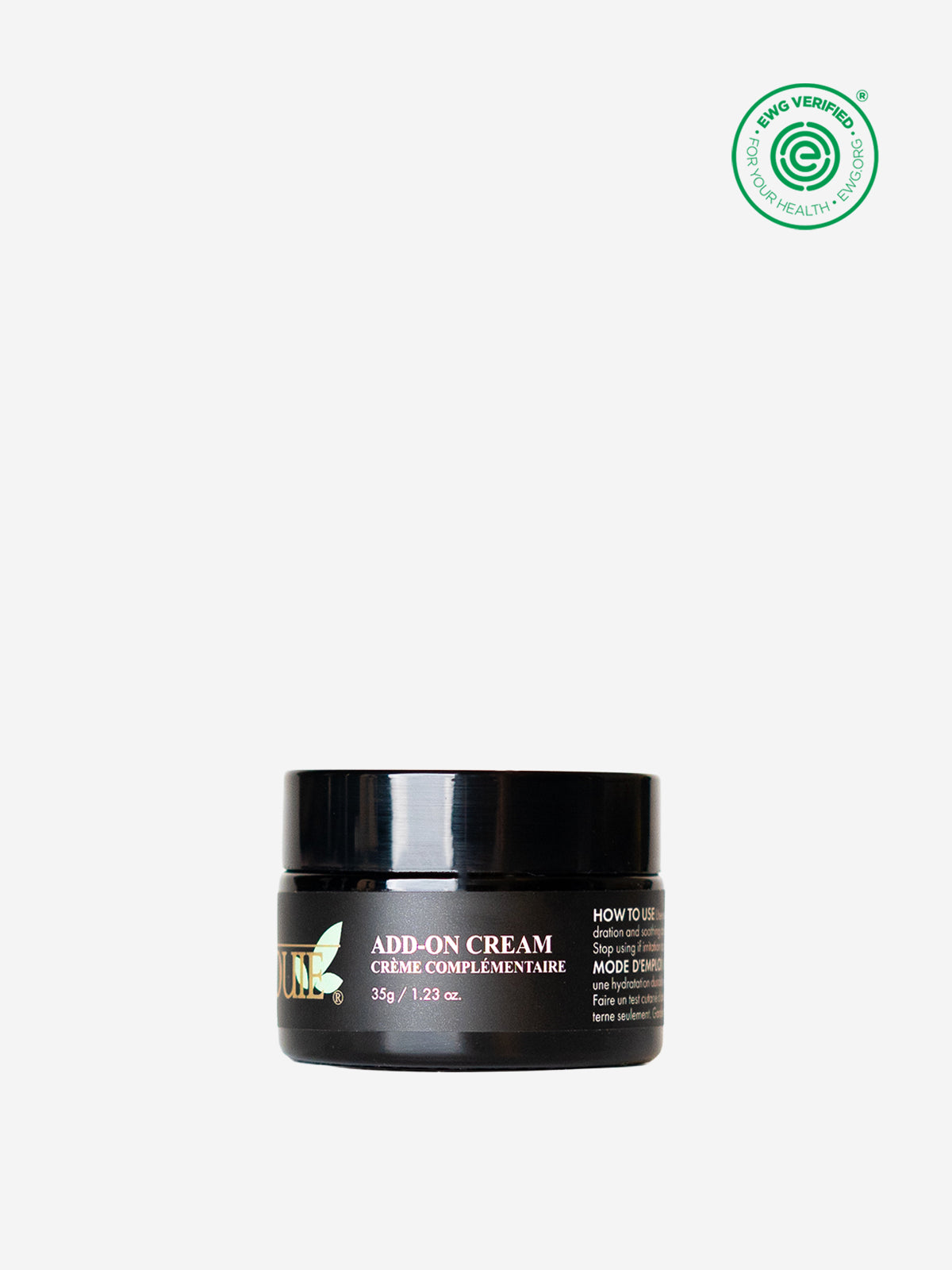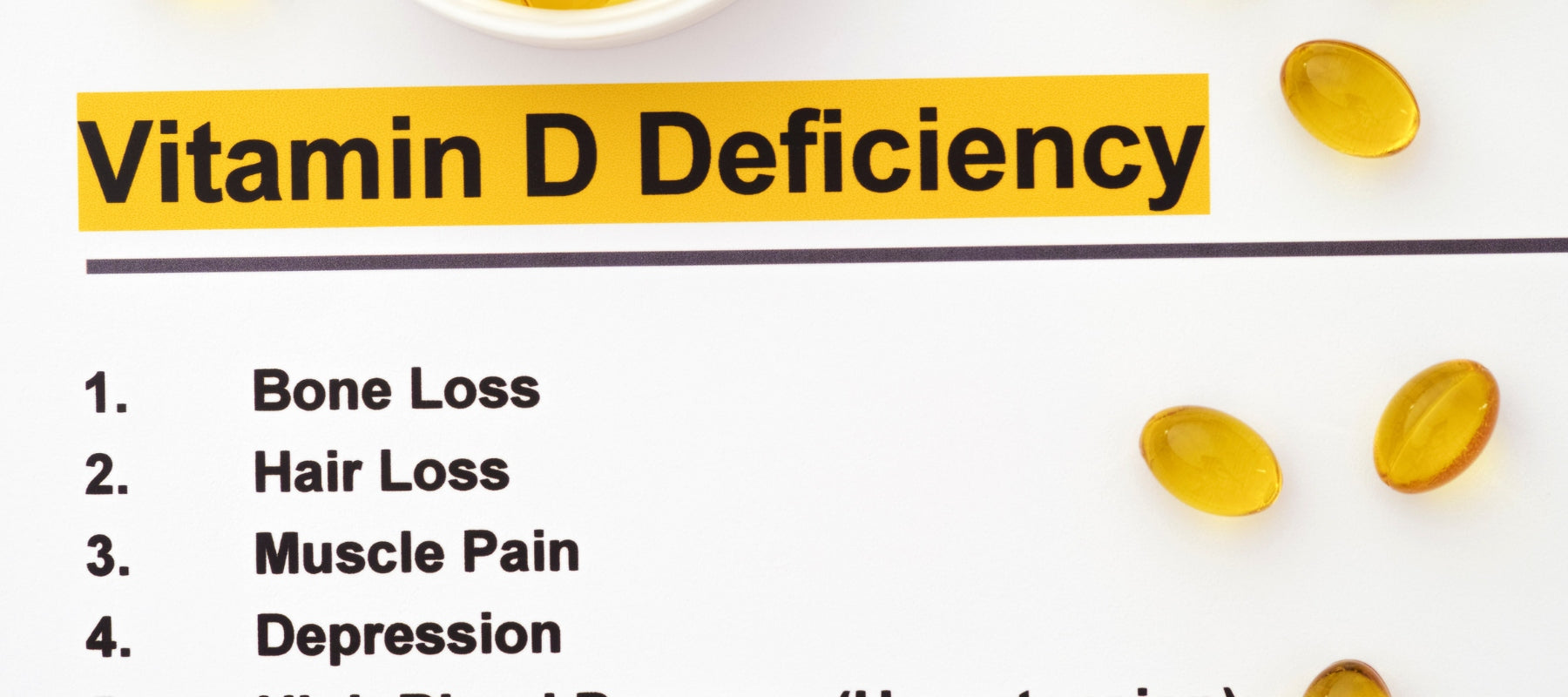
Winter Woes: Understanding How Cold Weather Affects Our Facial Skin
Winter is here and with it comes the cold weather, harsh winds, and indoor heating. These conditions can take a toll on our skin, especially on our facial skin. The dry air, combined with low humidity and harsh winds, can cause dryness, irritation, and even breakouts. To help prevent these winter woes, it's essential to understand how cold weather affects our skin and take steps to protect it.
Understanding the Causes
- Low humidity: Cause loss of moisture, leading to dryness and itching.
- Harsh winds: Strip away natural oils from our skin, leaving it dry and irritated.
- Indoor heating: Dry out the air, making it even more challenging to keep our skin hydrated
The Effects of Cold Weather on Our Skin
- Damaged skin barrier: Dry and cold air can damage the skin's protective barrier by stripping away natural oils, leaving our skin dry, tight, and itchy. This, in turn, could make the skin more susceptible to irritation, inflammation, and infection.
- Dull and pale-looking skin: Cold temperatures cause blood vessels to constrict, leading to less blood flow to the skin. This can make our skin look pale and dull.
- Redness and breakouts: Cold weather can also cause inflammation, by causing blood vessels to constrict, leading to decreased blood flow and oxygen. This can trigger inflammatory response, which can lead to redness, itching, and even breakouts.
- Skin aging: Dry skin caused by cold weather is more susceptible oxidative stress, which leads to formation of free radicals that attack our skin cells and age our skin. (Learn more about how free radical damage causes skin aging.)
Tips for Protecting Your Skin During Winter
To keep our facial skin healthy during the winter months, it's essential to take steps to protect it. Here are some tips to help you do just that:
-
Moisturize: Keeping your skin moisturized is crucial during the winter. Look for a moisturizer that is formulated for the face and contains ingredients (humectants) like hyaluronic acid or glycerin, which draw in moisture from the surrounding air to the skin, along with ingredients like plant oils, such as jojoba oil, to lock in the moisture so that your skin can stay hydrated and moisturized even in dry winter. (Learn more about humectants and emollients, which are crucial ingredients for all skin types.)
DrLOUIE recommendation: Winter Essentials (including Revitalizing All-in-One Essence and Age-Defying Repair Night Cream)
Revitalizing All-in-One Essence includes both humectants, such as glycerine and mixed molecular weight hyaluronic acid for maximum hydration, and emollients, such as jojoba oil and grape seed oil, to lock in the moisture. (Learn more about why it is important to choose mixed molecular weight hyaluronic acid.) In addition, it contains cascading levels of antioxidants to provide added protection against free radical damages that can wreak havoc on our skin.
Age-Defying Repair Night Cream also includes avocado oil for added moisturization and allantoin to soothe and repair winter-damaged skin. -
Sunscreen: Even though the sun's rays may not be as strong in the winter, it's still essential to use sunscreen. And UV rays reflected off the snow is about 4 times higher than in summer, and UVAs, the ones responsible for premature aging, is present all throughout the year. So sunscreen is an essential all year round. Look for a sunscreen with an SPF of at least 30 and make sure to apply it to your face and neck every day. (Learn more about why you must wear sunscreen even in winter.)
DrLOUIE recommendation: Protection Cream(SPF 34)
Protection Cream is unique in that it contains UV Pearls, which are encapsulated chemical sunscreen agents that absorb UV rays and deflect them off as heat without irritating or heating the skin, AND zinc oxide, physical sunblock agents that deflect UV rays. The combination of both physical and chemical sunblock agents make Protection Cream effective for longer without irritating the skin. And it also contains the same cascading levels of antioxidants used in All-in-One Essence for the added protection against the sun's free radical damage. -
Stay Hydrated: Drinking plenty of water can help to keep your skin hydrated. But drinking 2L a day or 8 cups a day, which is what is popularly recommended, may not be for you. You may be fine on less than 2L, or you may need more. One of the easiest ways to determine if you're drinking enough water is to look at the colour of your urine. If your urine is light yellow or clear, it's a good indication that you're properly hydrated. If it's dark yellow or amber, it's a sign that you need to drink more water.
-
Avoid Harsh Soaps: Harsh soaps that leave your skin squeaky clean can strip away natural oils from our skin, damaging skin barrier. Instead, use a gentle, fragrance-free, pH-balanced cleanser to clean your face morning and night. (Learn more about how to cleanse your face right for glowing skin.)
DrLOUIE recommendation: Mild Face Cleanser
Mild Face Cleanser is a ph-balanced, low-foam cleanser that soothes irritated winter-damaged skin while protecting skin's natural moisture barrier. Lavender essential oil calms and relaxes the skin as well. -
Exfoliate: Dry winter wind can make it difficult for dead skin cells to naturally fall off, making it difficult for your moisturizer to hydrate and protect your skin. Exfoliating can help to remove dead skin cells, helping with better absorption of the next step of your skincare. Use a gentle exfoliating scrub once or twice a week, depending on your skin type.
DrLOUIE recommendation: Exfoliating Cleansing Cream
Exfoliating Cleansing Cream contains biodegradable jojoba beads that gently exfoliate and renew your skin while jojoba oil and grape seed oil remove stubborn black heads. -
Humidify : Use a humidifier to add moisture to the air in your home, this will help to keep your skin hydrated. But there are some precautions you should take when using a humidifier:
-
Overhumidification can do more harm than good because it can lead to mold growth, dust mites, and other problems.
- Use distilled or demineralized water in your humidifier to prevent the buildup of minerals and bacteria.
Although not as effective, you can also choose natural humidifiers, such as tangerine skin, plants, and bowls of water. Tangerine skin, for example, when placed in a dry room can release its essential oils and moisture into the air, increasing the humidity. Plants, like the Spider Plant, Snake Plant, and Boston Fern, can also act as natural humidifiers. Placing bowls of water around the room can also increase the humidity.
Winter weather can take a toll on our facial skin, causing dryness, irritation, and even breakouts. To protect our skin, it's essential to understand how cold weather affects it and take steps to protect it. By moisturizing, using sunscreen, staying hydrated, avoiding harsh soaps, exfoliating, and using a humidifier, we can keep our skin looking healthy and beautiful all winter long. Don't let winter woes stress your facial skin, take care of it.




